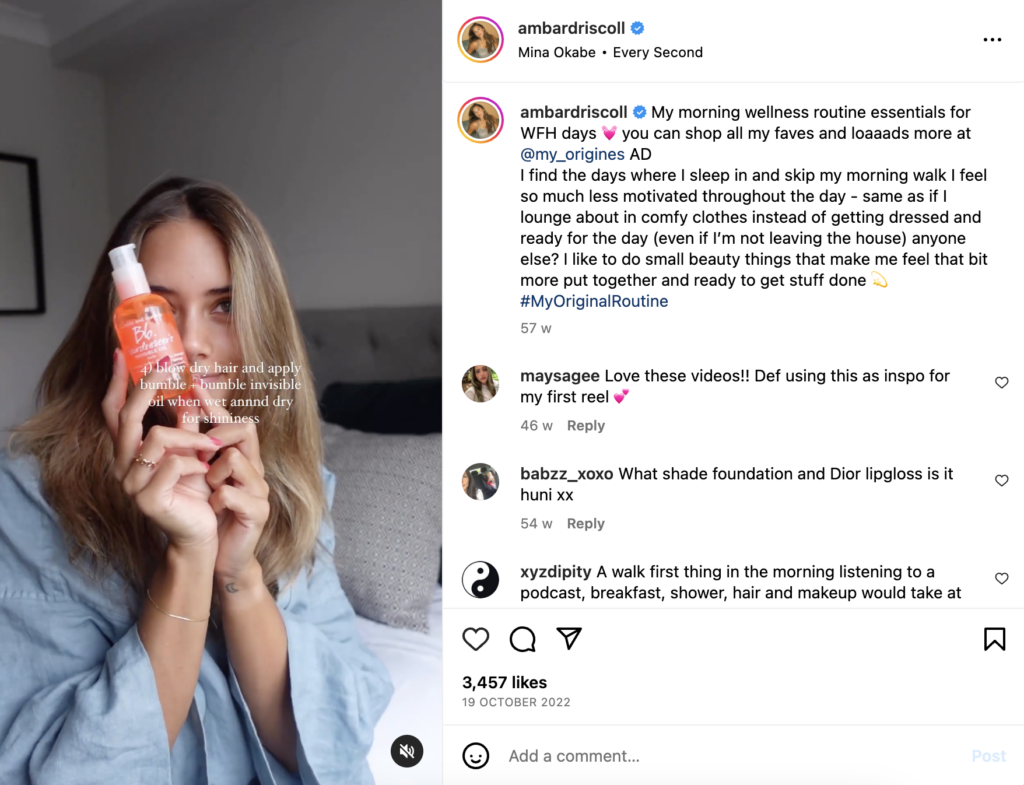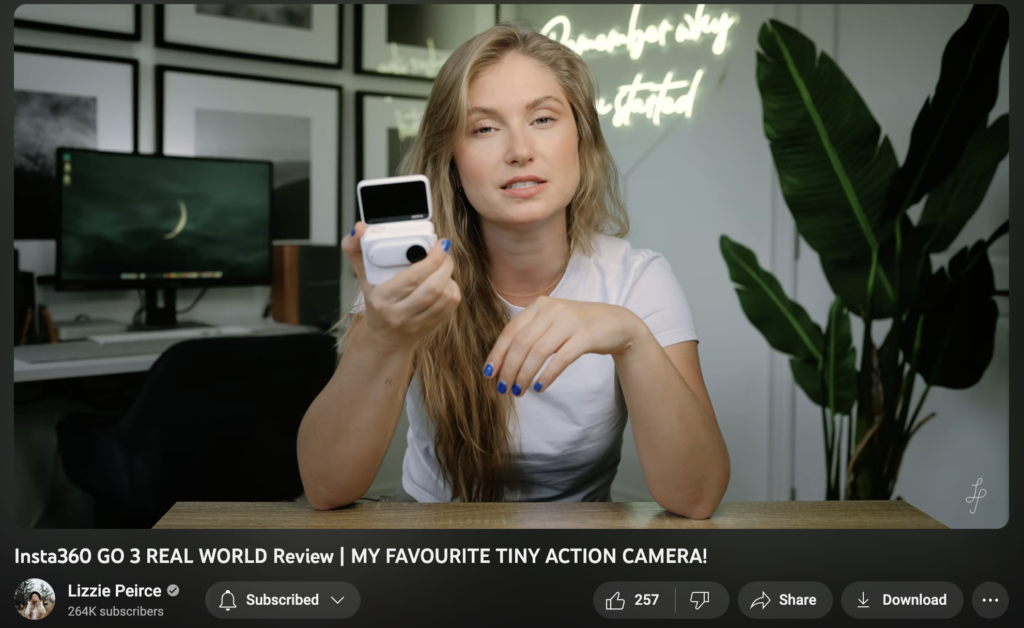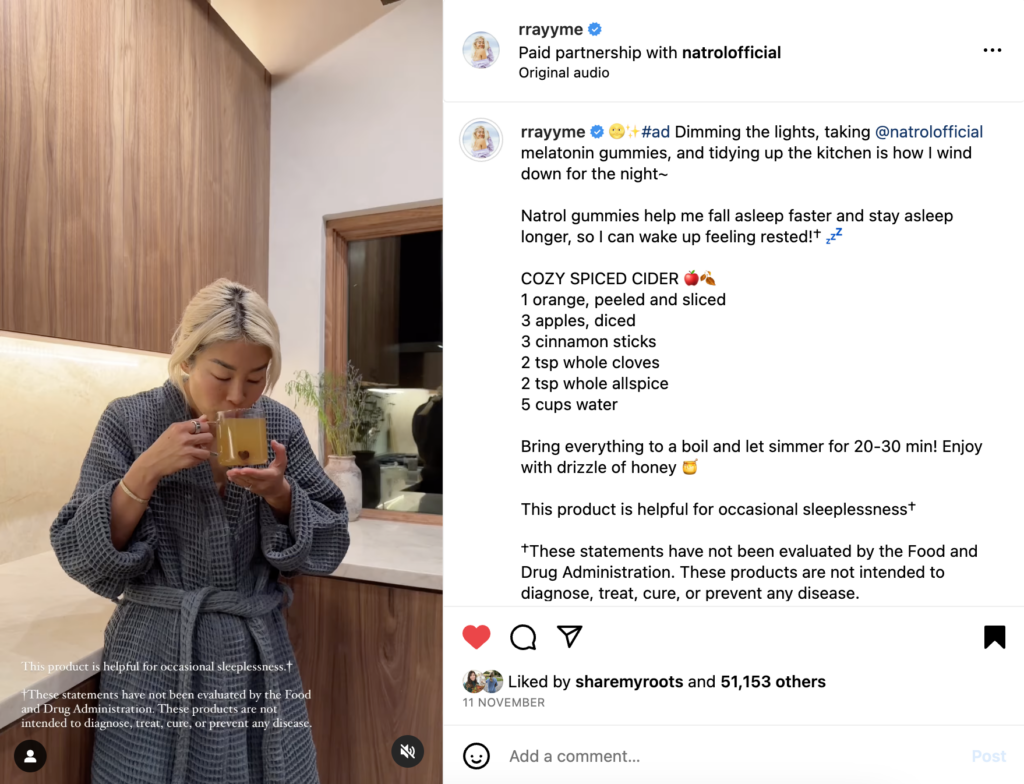The rise of micro-influencers and niche affiliates shows a shift towards more authentic, community-driven marketing approaches. Additionally, advancements in data analytics and AI are allowing brands to measure the impact of their affiliate campaigns and target specific audiences more accurately. This data-driven approach not only enhances the effectiveness of marketing campaigns but also allows for more personalized and engaging consumer experiences.
Investing in influencer and affiliate marketing can be the winning strategy for brand visibility and consumer engagement – but will it work for all companies that try?
Table of Contents
Dynamics of Influencer and Affiliate Marketing: Is This the Best Strategy for Your Company?
Influencer and affiliate marketing is a sustainable growth channel for many leading brands. Influencer marketing capitalizes on the clout of social media personalities to target specific audiences, while affiliate marketing is grounded in performance-based partnerships. This dynamic duo can greatly enhance your brand’s online presence and visibility.
Understanding Influencer and Affiliate Marketing
Before diving into which companies thrive or struggle in this space, let’s define some of the basic terms involved:
Influencer marketing: the power of social influence
Influencer marketing involves partnering with individuals who have built a substantial and engaged following on social media platforms. Whether it’s a celebrity or a niche content creator, each influencer can help you access a unique audience. The key lies in their ability to sway their followers’ opinions and purchasing decisions through authentic storytelling and personal endorsements.
Influencer marketing campaigns are highly effective due to the trust and open communication influencers have with their audience. They can provide brands with a human touch, presenting products or services in a relatable way through user-generated content, often leading to higher engagement rates from their influencer campaigns than from traditional advertising.

Affiliate marketing: leveraging performance-based partnerships
On the other hand, affiliate marketing is entirely performance-based. This strategy is mutually beneficial – the more effective the affiliate is in driving sales, the more they earn. It’s a win-win scenario where brands expand their reach without upfront advertising costs, and affiliates have the potential to earn through their affiliate link. Companies set their own commission rate, making it easy to control and achieve sustainable growth.
Affiliate marketers use various channels for promotion, including blogs, social media, email lists, and websites. Their success is often tied to their ability to connect with specific audience segments and persuade them through compelling content and trusted recommendations.

Both influencer and affiliate marketing capitalize on the power of online communities and connections. It’s a shift from impersonal advertising to more targeted, relationship-based promotions. Understanding these nuances is important for any business hoping to succeed in the digital marketplace.
If you’d like a more in-depth overview of the types of affiliate programs that exist, check out our article on the differences between affiliate, influencer, referral programs, and partnerships.
Who Will Succeed in Influencer and Affiliate Marketing?
From our experience with clients who are now running these marketing programs successfully, we’ve identified the types of companies/products that benefit from it the most. However, it’s worth mentioning that success in these marketing strategies is not a one-size-fits-all formula.
Companies that stand out in influencer and affiliate marketing usually share certain characteristics:
Clear brand identity
Brands that have a well-defined identity and aesthetic are more likely to attract and resonate with both influencers and their audiences. This clarity in brand messaging helps in forming authentic partnerships with influencers whose followers align with the brand’s target audience.
Highly visual products
Brands with visually appealing products – e.g. in the fashion, beauty, and lifestyle niches – have an easier time creating a highly effective marketing strategy. Their products naturally fit into the lifestyle and aesthetic of social media influencers, resulting in compelling visual content.

Products or services with audience resonance
Products or services that cater to the specific interests or needs of a particular audience tend to do well using these marketing strategies. The key is to offer something that not only appeals to your target audience but also fits seamlessly into the context of the influencer’s content. For example, camera brands often partner with photographers who have a strong online presence and knowledge of the tool.

Niche market appeal
Companies offering products or services that cater to a specific niche often find great success with these marketing channels. They benefit from influencers or affiliates who have established credibility and a dedicated following within that niche, no matter how small it might seem.
Strong online presence
Brands that already have a robust online presence and are digitally savvy can seamlessly integrate influencer and affiliate marketing into their overall strategy.
These types of companies are best positioned to leverage affiliate and influencer marketing strategies effectively. These characteristics are essential in navigating the competitive digital marketplace. In terms of products and services, we have noticed that these industries perform exceptionally well:
- Ecommerce companies
Online retailers and e-commerce platforms can benefit from these marketing strategies, as they already thrive in the online space. - Lifestyle and wellness brands
Products or services that promote wellness, fitness, and a healthy lifestyle often resonate well on social media, making them suitable for influencer endorsements. - Tech and gadget companies
Innovative tech products, gadgets, and apps can gain traction through tech influencers and review sites, especially when they offer unique features or solutions.

Best Practices for Success
These strategies will involve experimentation, creativity, and the ability to implement new learnings quickly. Here are the best practices that can help you succeed.
Adaptability and innovation
Companies that are quick to adapt to new trends and platforms have a distinct advantage. Those that are innovative in their approach, experimenting with different types of content and influencer partnerships, often find themselves ahead of the curve.
Data-driven decision making
Utilizing data to inform strategy is crucial. Companies that succeed in influencer and affiliate marketing often rely on data analytics to understand audience behaviors, measure campaign performance from affiliate links, and make informed decisions about future marketing campaigns.
Engagement over size
It’s not about the number of followers an influencer has, but the level of engagement and trust they share with their audience. Companies that prioritize partnerships with influencers who have high engagement rates, even if they have a smaller follower count, tend to see more impactful results and higher conversion rates.
Authentic alignment with influencers
Successful companies carefully select influencers whose values, aesthetic, and audience demographics align closely with their own brand. The influencer’s promotion of the product or service should comes across as genuine to their audience.
Robust support systems
Companies that provide strong support and clear communication to their influencers and affiliates tend to build more effective and lasting partnerships. This includes providing resources, timely payments, and constructive feedback.

Who Will Face Challenges?
Certain types of companies might face more challenges in leveraging influencer and affiliate marketing:
- B2B companies: Businesses that operate in the B2B space often struggle to find a foothold in influencer marketing. The decision-making process in these markets is more complex and less influenced by social media trends. The advantages of affiliate marketing could be overshadowed by a referral program, for example.
- Highly regulated industries: Companies in industries like pharmaceuticals, finance, or legal services might face restrictions and compliance issues that prevent them from trying certain types of marketing, especially with affiliate partners. However, there are ways to implement these marketing strategies successfully, so you shouldn’t be discouraged if your business falls under this category. In fact, we have built an influencer affiliate program for an insurance company that now makes up 40% of their annual revenue. There’s always a solution!
- Companies with limited digital infrastructure: Businesses that don’t have a strong presence on existing social media platforms or can’t handle online marketing and sales logistics might find it challenging to implement influencer and affiliate programs.
- Low-margin products: Businesses with low-profit margins might struggle to see a significant return on investment from influencer or affiliate marketing campaigns, given the costs involved.
While these trends provide a general guideline, it’s important to note that success in influencer and affiliate marketing can vary greatly depending on the strategy, execution, and the influencer or affiliate’s alignment with the brand’s values and audience. Unique approaches and a deep understanding of the target market can sometimes lead to success even in less typical industries for influencer and affiliate marketing.
The key to success in influencer and affiliate marketing lies in understanding your brand’s alignment with the market, the influencers, and the digital landscape. With the right approach, companies can leverage these strategies to significantly enhance their market presence and drive sales.
Each company’s journey is unique, and success often requires a tailored approach, continuous learning, and an understanding of both the brand’s and the influencers’ evolving needs.
If you want to explore affiliate marketing even further, check out our case studies, along with great examples of affiliate and referral landing pages! If you’re interested in building an affiliate influencer program for your company, let’s chat and see how we can make it happen.



